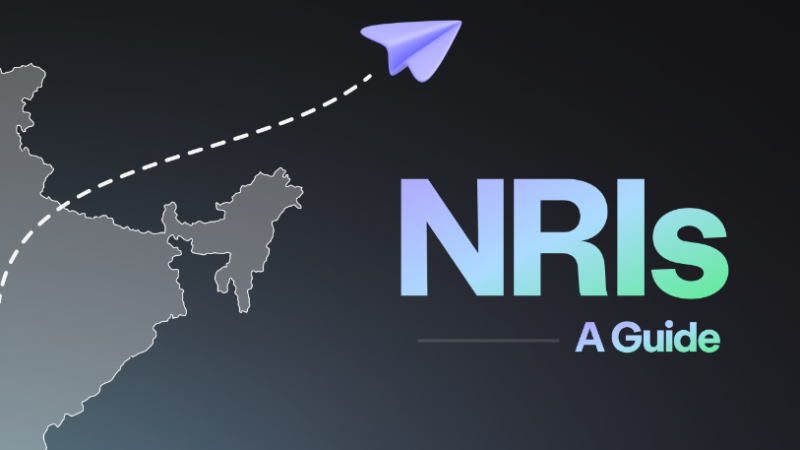An Inside Look at Mangago’s Ad Fraud Scheme

An Inside Look at Mangago’s Ad Fraud Scheme
Mangago is a popular website that provides free manga comics to its users. However, behind the scenes, there have been reports of an ad fraud scheme associated with the platform. This article aims to provide an in-depth analysis of Mangago’s ad fraud setup, the impact it has on advertisers, and steps users can take to mitigate unwanted pop-up ads.
Domain Setup
Mangago’s ad fraud scheme involves the use of five domains[1]. The primary domain, Mangago.me, is the “real” website that offers manga comics to users. However, three other domains, mnggo.net, lady-first.me, and newfashion.me, are fake lifestyle magazines created solely for the purpose of defrauding advertisers[1]. These domains display dual appearances, showing manga content on one side and fake lifestyle content on the other[3]. This setup allows Mangago to generate a significant number of ad impressions and deceive advertisers into paying for ads that are not being seen by genuine users[3].
Impact on Advertisers
Mangago’s ad fraud scheme has severe implications for advertisers. Oracle Moat, a leading ad verification company, measured an average of 4.5 million daily impressions for this operation[3]. Advertisers who unknowingly place ads on Mangago may believe they are reaching a large audience when, in reality, a significant portion of their ad spend is wasted on fraudulent impressions[3]. This not only leads to financial losses but also damages brand reputation and trust among consumers[3]. Ad fraud undermines the effectiveness of digital advertising and poses a significant challenge for the industry.
Protecting Against Unwanted Ads
Users who visit Mangago may encounter unwanted pop-up ads and redirects. To mitigate this issue, installing an adblocker extension on the browser is recommended[2]. One popular option is uBlock Origin, an open-source AdBlock extension that effectively blocks pop-up viruses and redirects[2]. By installing such an extension, users can enjoy a cleaner browsing experience and avoid the annoyance of intrusive ads.
It is important to note that while some users have reported a relatively safe browsing experience on Mangago, with no shady pop-up ads or data theft[4], it is crucial to remain cautious when visiting any website. Advertisers and users alike should stay informed about potential risks associated with ad fraud and take necessary precautions to protect themselves.
Conclusion:
Mangago’s ad fraud scheme, involving multiple domains and deceptive practices, highlights the ongoing challenge of ad fraud in the digital advertising industry. Advertisers must remain vigilant and employ ad verification tools to protect their investments and maintain brand safety. Users can also take steps to mitigate unwanted pop-up ads by installing adblocker extensions. By understanding the risks associated with ad fraud and taking appropriate measures, both advertisers and users can contribute to a safer and more transparent digital advertising ecosystem.






